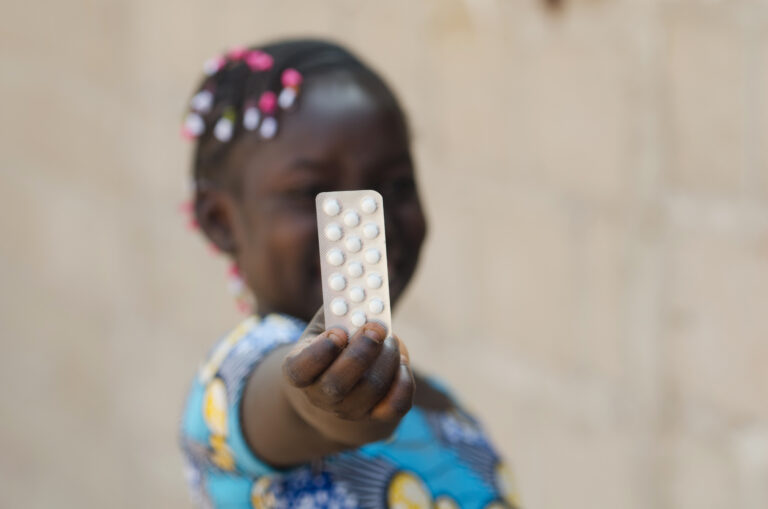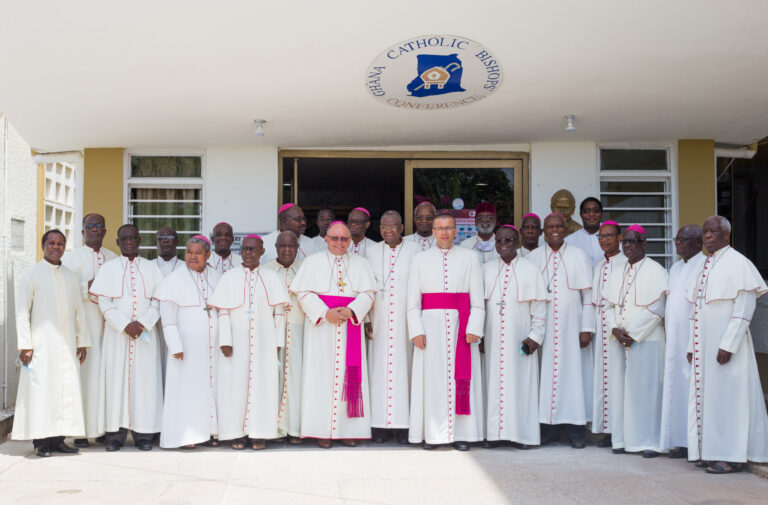[Editor’s note: The Population Research Institute, in its Weekly Briefing, 1 June 1999 Vol. 1/Number 3, expressed concerns over a document released by UNFPA, entitled Assessment Report on Sexual Violence in Kosovo. PRI raised concerns that, in issuing its report, the UNFPA misrepresented war crimes committed against Kosovar women for the sake of generating public support for its “reproductive health” campaign against the Kosovar population. PRI’s Weekly Briefing ran as follows:]
In late May, the United Nations Population Fund (UNFPA) issued an undated report, entitled Assessment Report on Sexual Violence in Kosovo, which repeats second and third-hand reports of ethnic rape committed by the Serbs against Kosovar women. The Population Research Institute agrees with the UNFPA that “[w]hatever type of rape, however frequently it occurs, does not change the seriousness of the act for each individual.”
PRI recognizes the difficulties in addressing and assessing crimes of sexual violence committed during times of war, and in bringing the perpetrators to justice. PRI grieves tor the victims of the ongoing ethnic cleansing, whose suffering forms the basis for the recent indictment of the Yugoslav leader, Slobodan Milosevic.
However, PRI contends that in issuing its report, the UNFPA is failing to meet the needs of Kosovar families.
By the UNFPA’s own admission, the main purpose of its report was not to accumulate testimony for the War Crimes Tribunal (Interview with UNFPA Spokeswoman Corrie Shanahan, 28 May 1999).
The report concludes that “there is no concrete evidence of the ‘systematization’ of sexual violence” committed by the Serbs against Kosovar women, and that rape victims would not reach refugee facilities in time for emergency contraception to have an effect.
The report recommends, however, that “emergency contraception should continue to be provided “for unprotected sexual relations and for sexual violence within the camps themselves.” At no point does the report offer recommendations for preventing sexual violence within the camps.
The failure of the report to address the issue of preventing sexual violence in the refugee camps, or to bring its perpetrators to justice, raises concerns that the UNFPA is exploiting the situation of sexual violence within the Yugoslavian conflict to justify its shipments of so-called “reproductive health” supplies to the region.
The UNFPA’s wanton administration of “reproductive health” supplies — including provisions for sterilization, abortion and “‘morning after” pills — to the Kosovar population, raises serious concerns about lack of informed consent and medical malpractice. Several major NGOs, including OXFAM and Save the Children, have reportedly refused to participate in the so-called “reproductive health” programs in the camps precisely because of these concerns.
The refugees have already suffered too much. PRI calls upon the UNFPA to end its “reproductive health” campaign against the Kosovars immediately.
To receive PRI’s Weekly Briefing regularly, please email your request to [email protected]










